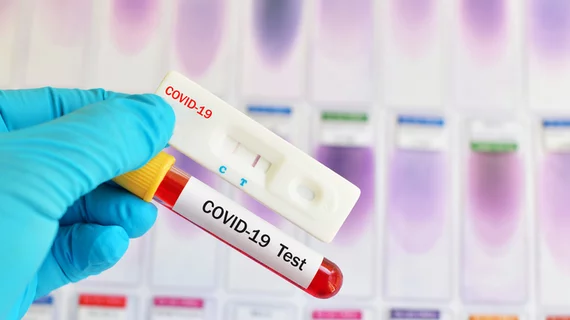A cause for concern: Death after heart transplant more likely if the donor had COVID-19
Patients receiving heart transplants from donors who had an active case of COVID-19 at the time of their death may face a heightened mortality risk, according to a new study published in the Journal of the American College of Cardiology.[1]
“The COVID-19 pandemic has resulted in significant challenges for heart transplantation, thereby adversely affecting both recipient management and organ procurement,” wrote lead author Shivank Madan, MD, a cardiologist with Montefiore Medical Center and the Albert Einstein College of Medicine, and colleagues. “Further, evaluation of potential donors with current or recent COVID-19 infection has presented a unique problem for heart transplant centers, given that the outcomes of heart transplants from COVID-19 infected donors are not clearly established and newer variants of the virus continue to cause recurrent surges globally.”
Madan et al. examined data from the United Network for Organ Sharing, identifying more than 1,000 donors with an active case of COVID-19 and more than 400 who had recently recovered from COVID-19. The group focused on 150 heart transplants from active COVID-19 donors and 89 heart transplants from recently recovered COVID-19 donors.
Overall, the six-month mortality rate among heart transplant recipients was 7% when the donor did not have COVID-19, 13.8% when the donor had an active case of COVD-19 and 8.5% when the donor had recently recovered from COVID-19. The one-year mortality rates were 9.2%, 23.2% and 13.6%, respectively.
“These early trends should be concerning enough such that heart transplantation centers need to thoroughly evaluate and continue to weigh the risks/benefits of using hearts from active COVID-19 donors,” Madan said in a prepared statement from the American College of Cardiology.
The team did emphasize certain limitations to its research. COVID-19 testing practices were not consistent from one facility to the next, for instance, and more recent variants were not included.

